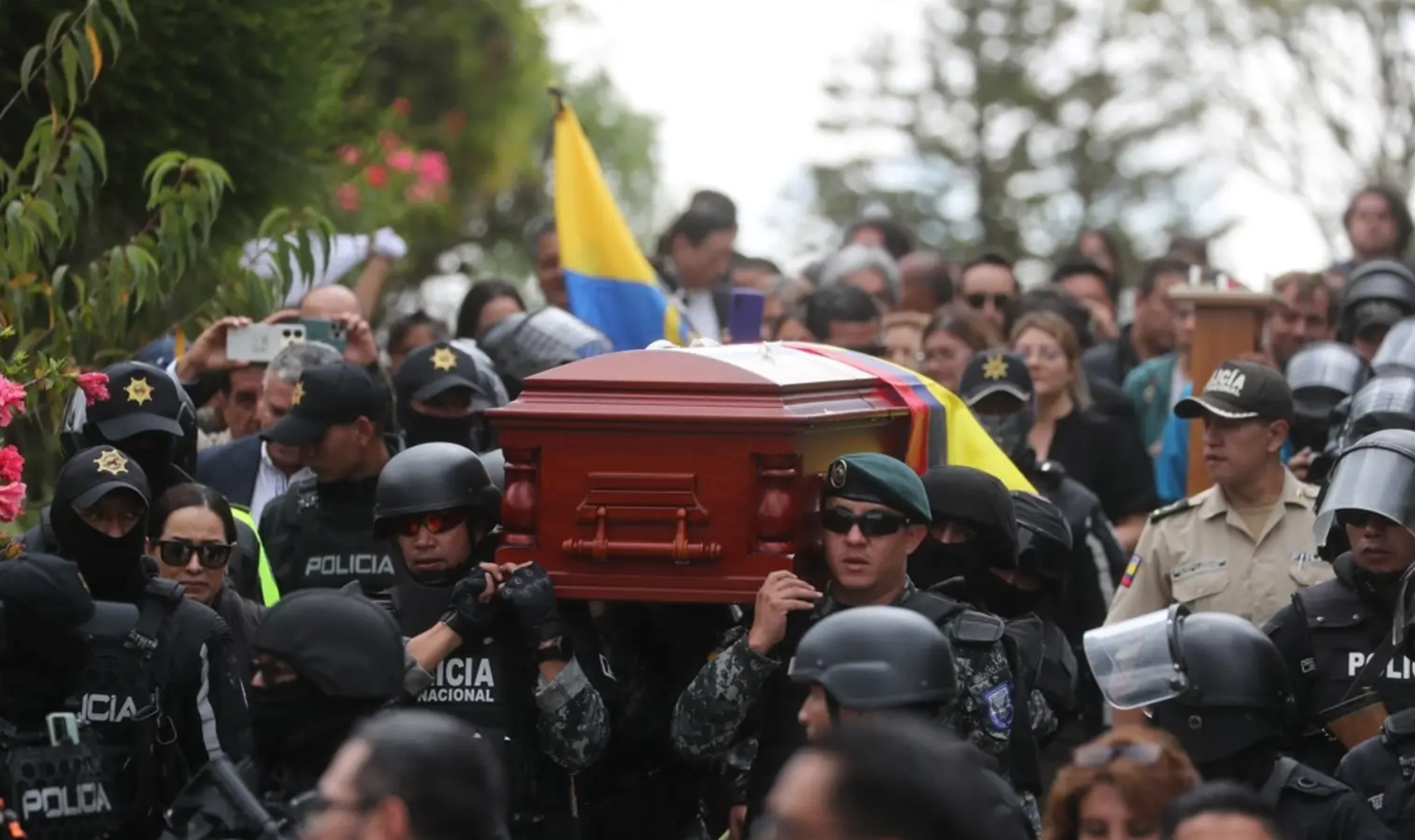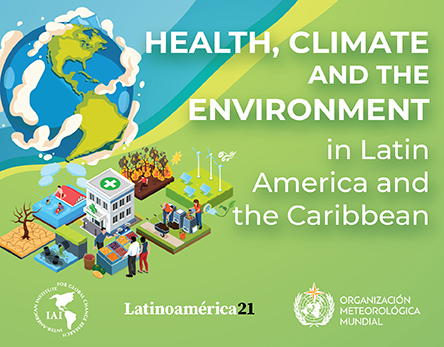There are recurring subjects, questions that seem obsolete and yet are imbued with an overwhelming topicality. Intellectual trends bury them and media agendas hide them from the apparent disinterest of the public. Immersed in the maelstrom of identity, absorbed by the predominance of singularity, and alienated by the consumer society, people are distracted. Most of the time they focus their attention on different matters, both in their daily wanderings and when they refer to the specific moments when politics calls upon them. In any case, the state seems to be something alien.
Moreover, in the last decades, it has been subjected first to manipulation and then to vituperation in the form of effective mantras to create strategies to discredit it. Today the discussion in the public square is absent. It is absent not only in the face of any electoral call with the consequent trivialization of the proclaimed offers but also when seeking solutions to the problems confronting societies. However, its reconsideration seems a priority to me. Beyond any blind statist sophistry, taking into account its functions from the perspective of the evidence known throughout the last century and a half is imponderable without leaving aside the enormous transformations produced especially in the technological field.
The current situation in Latin America offers a rich array of dramatic scenarios in which the oblivion of old issues impels us to be diligent. The coincidence in time of three electoral processes in countries that, because of their size and geographical location, could be considered representative samples of the region offers rich material for reflection. On the other hand, these are neither isolated issues nor exclusive to the political elite, as they are linked to a multitude of experiences of a similar nature that affect different groups of society on a daily basis.
The assassination of the presidential candidate, Fernando Villavicencio, is the epitome of the failure of a state to protect a candidate in the midst of a fundamental political process such as the electoral contest. Villavicencio is one more, although emblematic, of the hundreds of monthly victims of violence in Ecuador in a remarkable degeneration of the coexistence that the country has been progressively experiencing during the last decade. For thinkers such as Thomas Hobbes or Max Weber, the idea of political progress is linked to the state monopoly of the use of legitimate violence; something that is increasingly alien to numerous countries in the region whose enumeration is unnecessary. The assassination of Villavicencio should be understood as the crossing of a red line that alerts us that we are entering an extremely dangerous scenario where we are entering a situation of state failure, as Simón Pachano warns.
Javier Milei’s clear triumph in Argentina’s primary elections is a major blow for a political offer, without entering into the individual connotations linked to his personal trajectory or to the absence of a project minimally articulated with political machinery, which in turn questions in-depth the state as a public institution. In the first place, his decided position to dispense with national currency distances him from the classical assumptions that the power to mint money is one of the key characteristics of sovereignty. But it is above all his determined faith in his libertarian utopia that deconstructs the framework of coexistence that has been built up over time. His manifestations on the night of his electoral success are explicit in his condemnation of the social pact on which the social rule of law is articulated. He said: “We are facing the end of the caste model, based on that atrocity that says that where there is a need there is a right, but forgets that someone has to pay for that right”.
Guatemala, over the decades, has built what Edgar Jiménez calls a “mafia corporate state”. Using the power of traditional economic elites, a skillful cooptation of a neural sector of Justice has been achieved, which began when the International Commission against Impunity in Guatemala (CICIG), a project endorsed by the United Nations to modernize justice after the peace accords, was expelled from the country. The effects of the so-called “corrupt pact” have had severe consequences in the proscription of candidacies and the persecution of members of the judiciary who did not submit to its dictates. Guatemala is the Latin American country with the highest number of exiled judiciary personnel, in addition to journalists and human rights activists. For its part, the current electoral process has been in danger of collapsing because of the persecution of Bernardo Arevalo’s Semilla Movement.
The state as a political institution par excellence is the result of a long historical process in which changes of different nature that humanity has experienced are agglutinated. It is a fundamental structure for articulating human coexistence, adjusting the balance of powers, and ensuring it with a minimum degree of effectiveness and efficiency. Its complex and tempestuous nature impels it to be the object of permanent revision, but this will not take place if the public debate is not continuously accessible. If Karl Popper referred to “the open society and its enemies”, opening a long-standing discussion that has reached the present, it is also time to put the question of the social rule of law and its enemies on the table.
*Translated from Spanish by Janaína Ruviaro da Silva
Autor
Director of CIEPS, International Center for Political and Social Studies AIP-Panama. Professor Emeritus at the University of Salamanca and UPB (Medellín). Latest books (2020): "El oficio de político" (2nd. ed., Tecnos (Madrid) and in co-edition with Porfirio Cardona-Restrepo "Dilemas de la representación democrática" (Tirant lo Blanch, Colombia).












